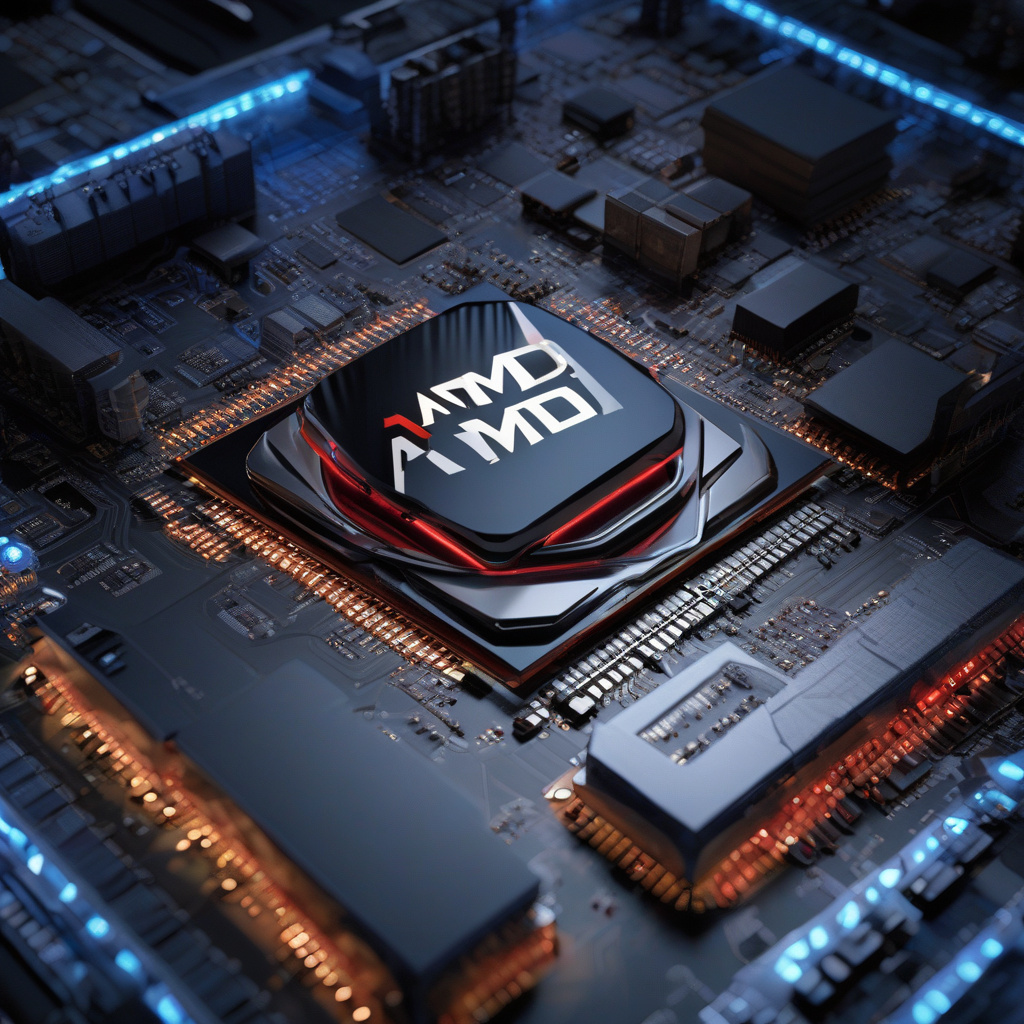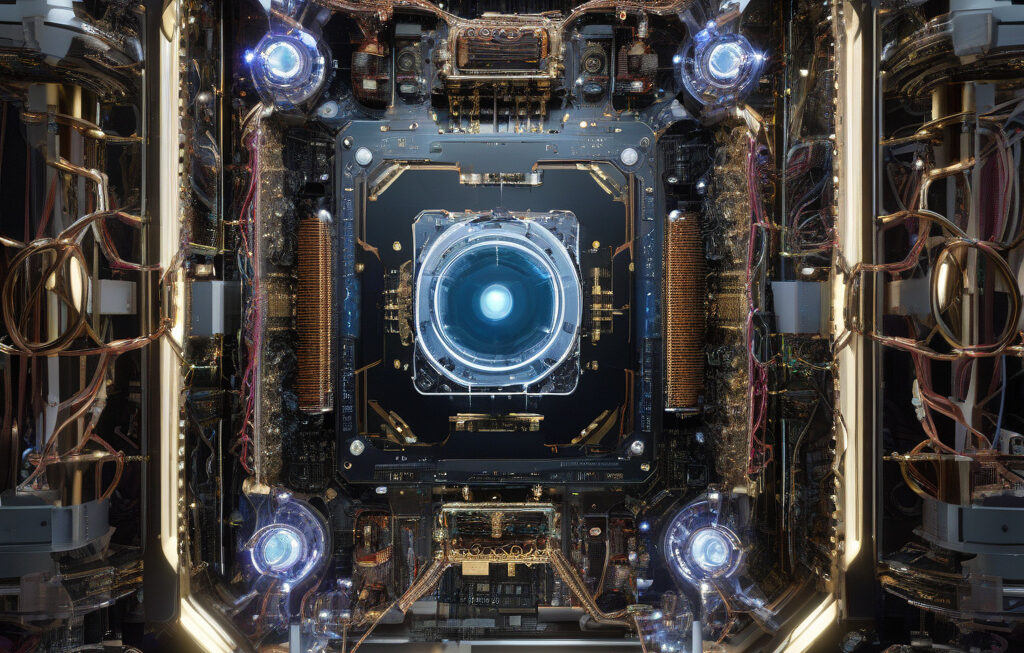AMD Faces AI Challenges as Custom Chip Trend Grows
In the fast-paced world of technology, the landscape is constantly shifting. Major tech firms are always on the lookout for the next big thing, and currently, that next big thing seems to be custom AI chips. These specialized processors are designed specifically for artificial intelligence tasks, offering faster speeds and greater efficiency than traditional CPUs or GPUs. While this trend represents an exciting opportunity for many companies, it also poses a significant challenge for industry giant AMD.
AMD has long been a key player in the CPU and GPU markets, known for its high-performance processors that have found success in a variety of applications. However, as more and more tech firms begin to invest in custom AI chips, AMD’s market position is being called into question. Companies like Google, Apple, and Amazon are leading the charge in developing their own AI hardware, signaling a potential shift away from AMD’s products.
One of the main reasons behind this trend towards custom AI chips is the unique demands of artificial intelligence tasks. Traditional CPUs and GPUs are not always optimized for these workloads, leading to inefficiencies and slower processing speeds. By developing their own custom chips, tech firms can tailor the hardware to meet the specific needs of AI applications, unlocking new levels of performance and capabilities.
For AMD, this shift represents a significant challenge. The company will need to adapt to this changing landscape if it wants to maintain its competitive edge in the market. This may involve investing in research and development to create its own custom AI chips or forming strategic partnerships with companies that are leading the way in this technology.
While the rise of custom AI chips presents challenges for AMD, it also opens up new opportunities for innovation and growth. By embracing this trend and exploring new avenues for hardware development, AMD has the potential to carve out a unique niche in the AI market. Additionally, by staying ahead of the curve and anticipating future trends, AMD can position itself as a leader in the ever-evolving tech industry.
In conclusion, the growing trend towards custom AI chips represents both a challenge and an opportunity for AMD. As major tech firms invest more heavily in specialized hardware for artificial intelligence tasks, AMD will need to adapt its strategies to remain competitive in the market. By embracing innovation and exploring new possibilities in the world of custom chips, AMD can overcome these challenges and continue to thrive in the dynamic tech industry landscape.
AI, AMD, Custom Chips, Tech Industry, Innovation












